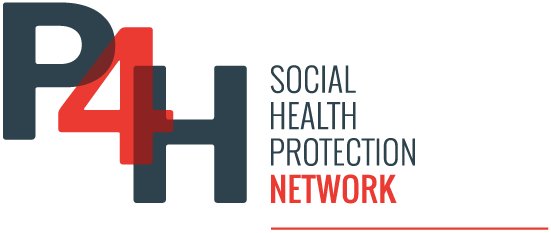The impacts of diagnosis-intervention packet payment on the providers’ behavior of inpatient care—evidence from a national pilot city in China
In 2020, China launched an innovative case-based payment method under the regional global budget called the diagnosis-intervention packet (DIP) payment. This study aims to explore changes in inpatient care provision in secondary and tertiary hospitals after the DIP...
How provider payment methods affect health expenditure of depressive patients? Empirical study from national claims data in China from 2013 to 2017
In China, majority of urban populations are covered under the Urban Employee Basic Medical Insurance (UEBMI) and the Urban Resident Basic Medical Insurance (URBMI) schemes. This study aims to investigate the associations between provider payment methods and...
Converging global health agendas and universal health coverage: financing whole-of-government action through UHC+
Achieving health-related SDG targets requires addressing social, political, and economic determinants of health, which account for 40-60% of health outcomes, compared to 10-25% from clinical medicine. UN member states have committed to achieving universal health...
Redefining Debt-to-Health, a triple-win health financing instrument in global health
The BMC Globalization and Health article evaluates the Debt-to-Health initiative and offers recommendations to improve its effectiveness in converting debt repayments into health investments for indebted low- and middle-income countries. The research article...
Does a new case-based payment system promote the construction of the ordered health delivery system? Evidence from a pilot city in China
China has introduced a new case-based payment system called the “Diagnostic Intervention Package" or DIP. DIP is a Chinese original payment method aimed at influencing a positive behavior of healthcare providers. This study investigates the effects of the DIP.This...
The 2024 Europe report of the Lancet Countdown on health and climate change: unprecedented warming demands unprecedented action
The latest report from The Lancet Countdown in Europe tracks 42 indicators, underscoring climate change's worsening health impacts, delayed action, and the imperative for health-responsive strategies, while also addressing regional inequalities and the call for...
Government doubles medical deductibles
In France, theealth Insurance spending has risen by almost 20% between 2018 and 2022 (excluding Covid-19). Patients' out-of-pocket expenses have fallen from 9% in 2011 to 7% in 2021: this is the lowest level in the OECD, after Luxembourg. The government has decided to...
Social Security deficit: Cades sounds the alarm
On December 12, 2023, Caisse d'amortissement de la dette sociale (Cades) Chairman Jean-Louis Rey presented the institution's 2023 balance sheet.Tasked with financing and extinguishing the accumulated debt of the French Social Security system, Cades was due to complete...
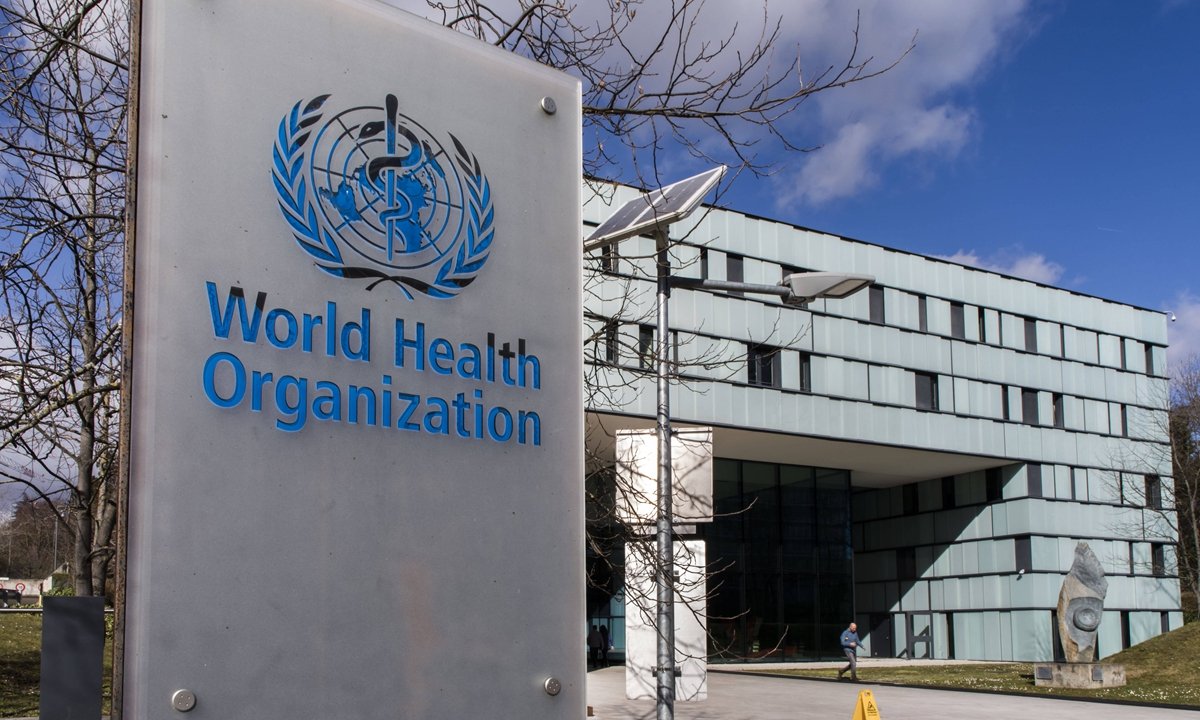
Vacancy: WHO seeks Senior Health Financing Specialist, Health Financing and Economics Unit
The Health Financing and Economics Department at the World Health Organization in Geneva is looking for a senior health financing expert to lead the HFE Unit. Apply by June 3.The role involves spearheading the development of equitable, efficient, and sustainable...
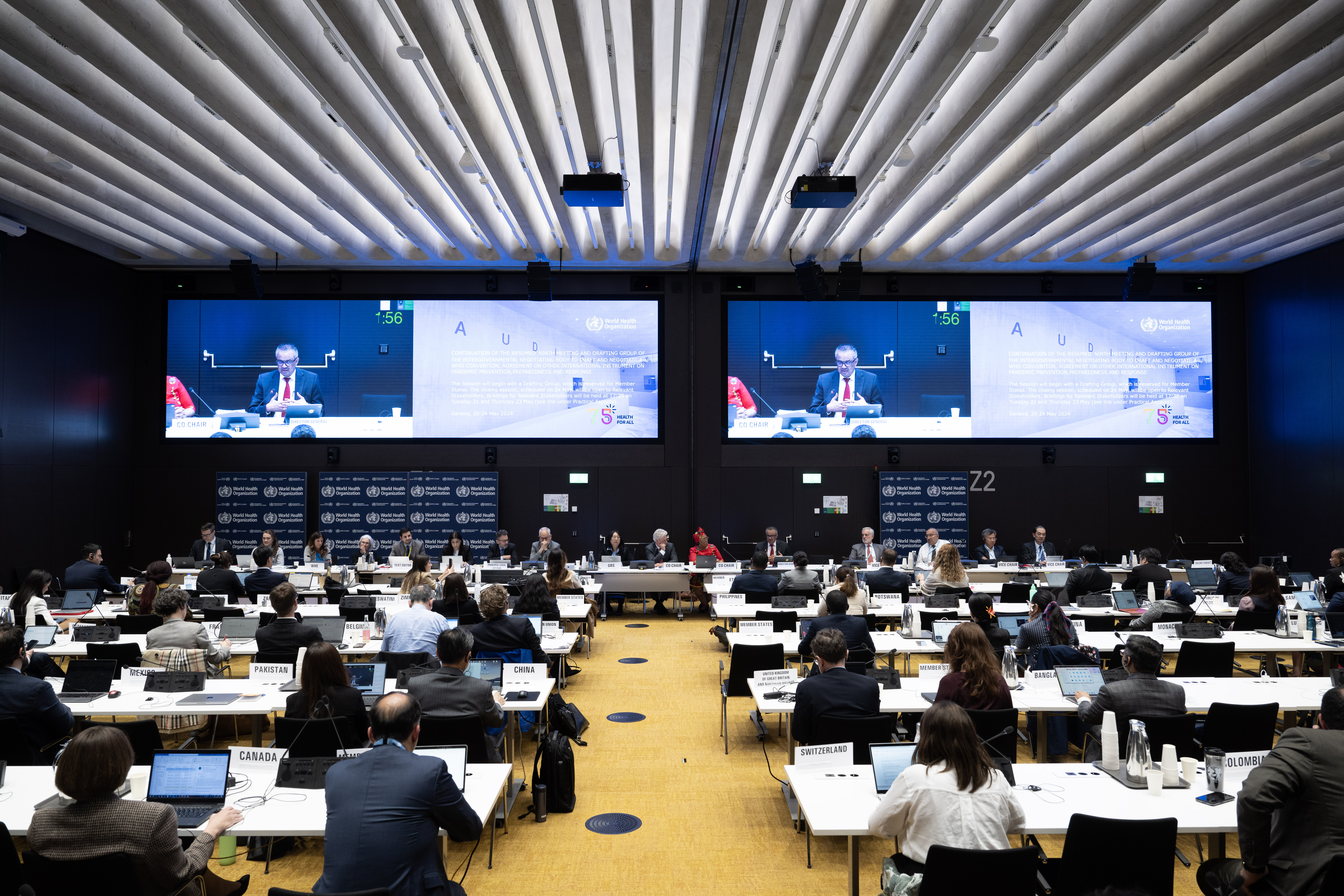
Organisations vie for control over pandemic financing
Intense negotiations and differing opinions among global health organisations regarding establishing and managing a financing mechanism for pandemic preparedness and response in the new Pandemic Treaty are ongoing.A recent Lancet article outlines the intense...
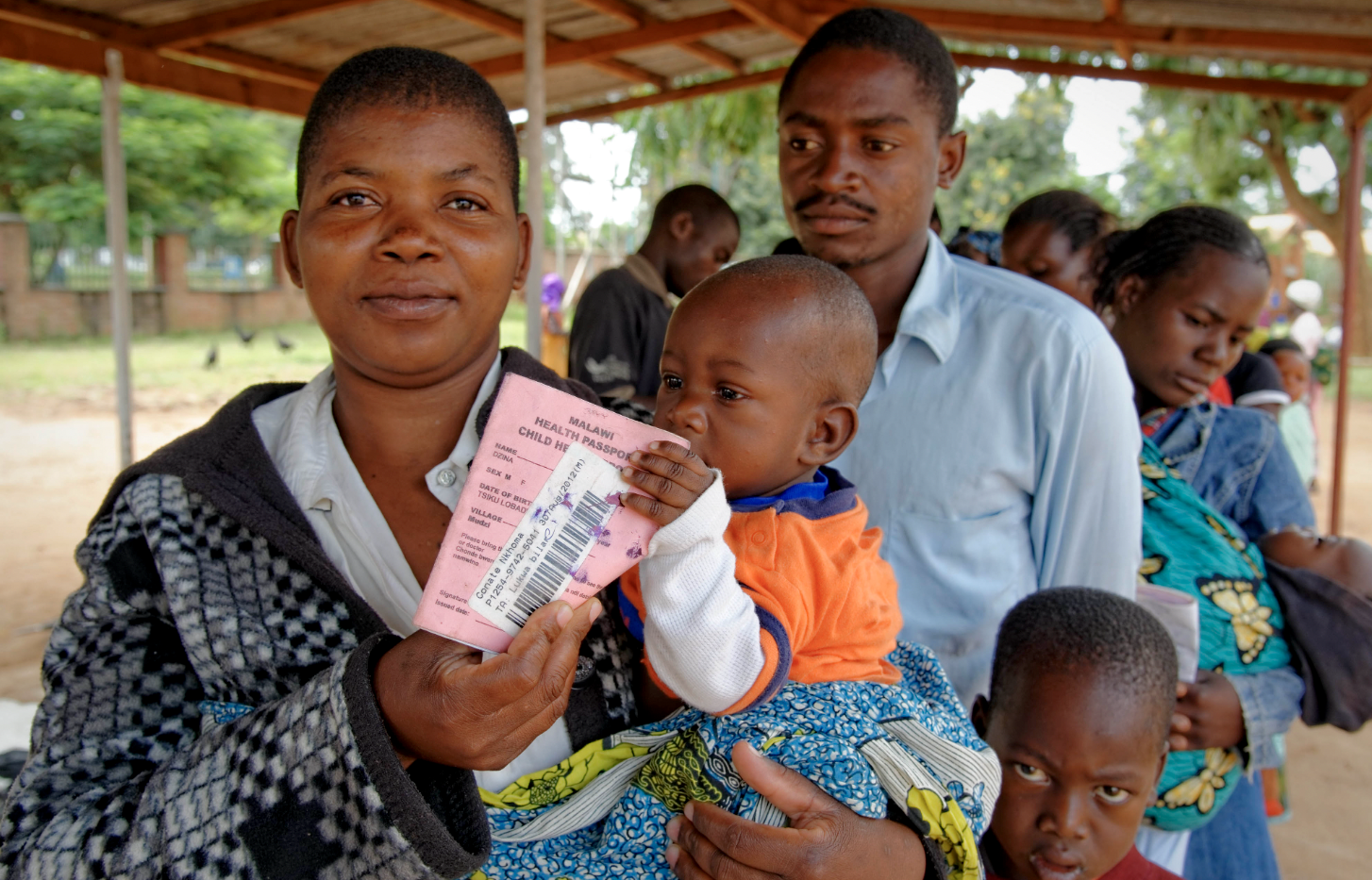
Social Protection for Health and Wellbeing
Universal health coverage (UHC) and universal social protection (USP) are complementary objectives embedded in the 2030 Agenda for Sustainable Development. With only few years left to meet the SDG targets, it is urgent to strengthen those synergies. Health and...
Federal Financing of Health in India
The paper seeks to understand (i) the role of National Health Mission (NHM) in defining/resetting health priorities in States and addressing horizontal inequalities, (ii) the constraints faced by States within the federal structure for delivering effective healthcare...
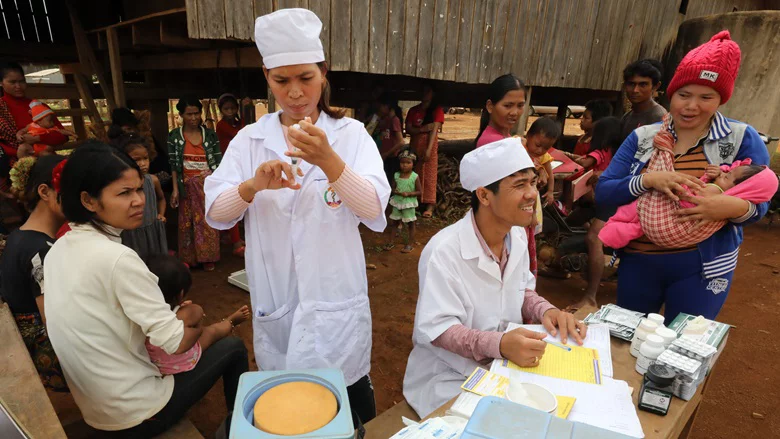
World Bank supports health Investment in East Asia and Pacific for economic resilience
The COVID-19 pandemic highlighted deficiencies in health systems, prompting significant reforms. The World Bank supports these efforts in East Asia and the Pacific by improving healthcare quality, expanding coverage, and preparing for future pandemics. In response to...
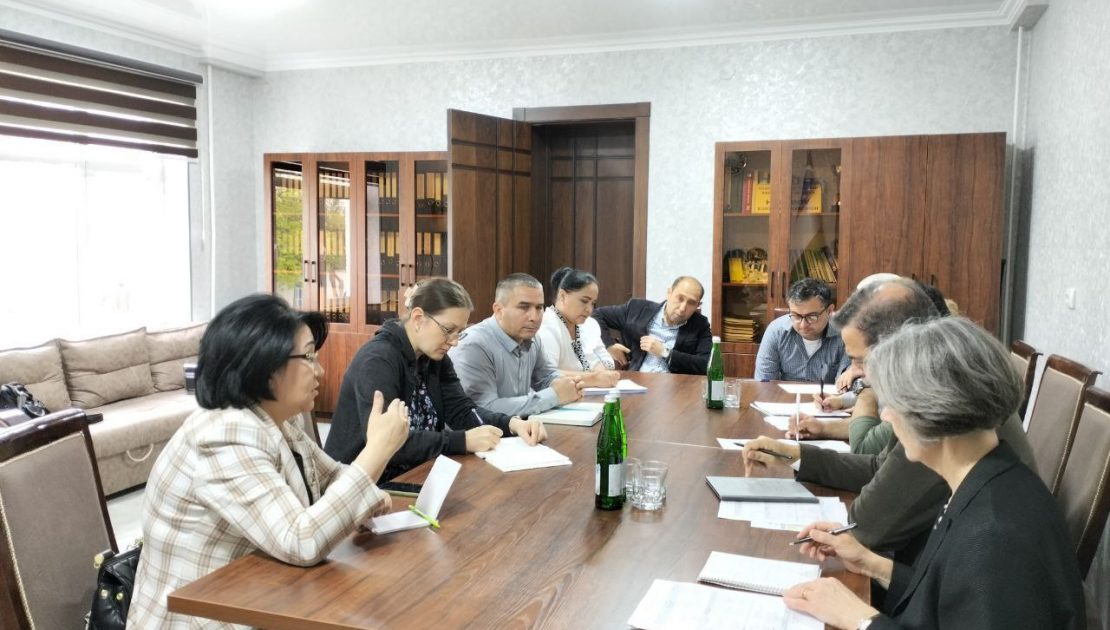
The WHO mission studied the state health insurance system in Syrdarya region
A WHO mission, along with specialists from the Ministry of Health, visited the Syrdarya region to study and analyze the implementation of the state medical insurance system, launched as a pilot in the region. The mission met with Yusuf Mirkhanov, Deputy Head of the...
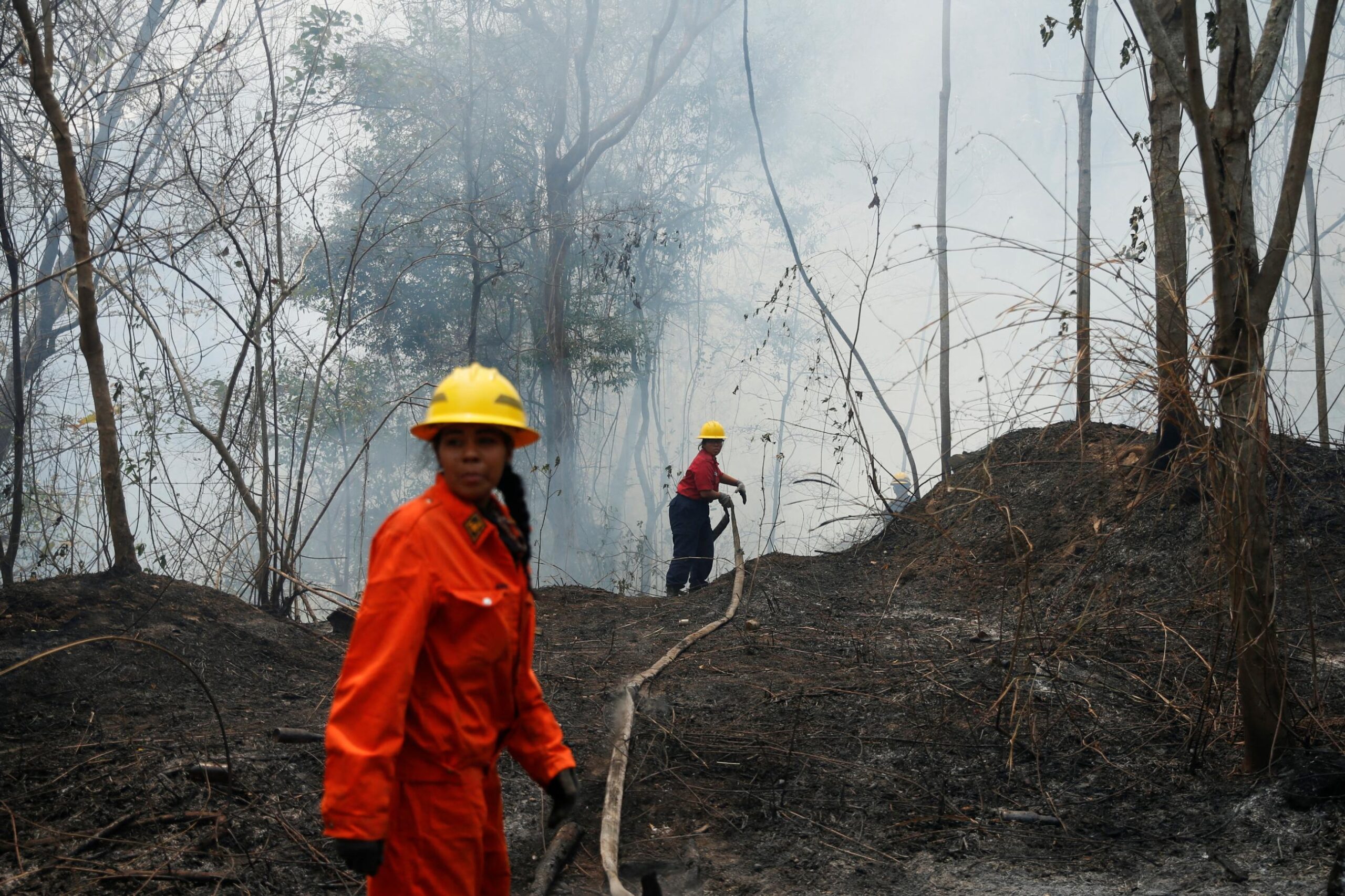
Climate Change and Global Health: Moving From Rhetoric to Action
WHO and the global community must integrate climate change into health priorities, develop climate-resilient health systems, and mobilise sustainable financing to address significant gaps and protect vulnerable populations.The World Health Organization (WHO)...
